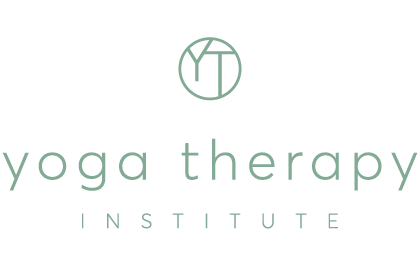Estimated reading time: 2 minutes
Ayurveda is often immediately associated with our physiological health but did you know that Ayurveda has a branch of psychotherapy?
Ayurvedic psychotherapy recognises anxiety as a condition called chittodvega. Anxiety or the tendency for disturbing thoughts, mano-dushti, is attributed to an imbalance in physical, psychological and spiritual spheres including:
- The mental channel – manovaha srotas.
- The energy channels – pranavaha srotas.
- Mental modes – tamas (apathy) and rajas (attachment.)
- Elements of air, ether, fire, water and earth.
- Elemental pairs including Sadhaka Pitta (governs emotions and intelligence or Buddhi,) Udana Vata (regulates thinking) and Tarpaka Kapha (healthy brain function.)
An Ayurveda practitioner may apply counselling, purification, grounding, nutrition and tailored therapies to pacify and reset the nervous system and ease anxiety using a three-fold approach –
- Spiritual therapy – Daivavyapasraya Chikitsa
- Physical therapy – Yuktivyapasraya Chikitsa
- Mental therapy – Sattvavajaya Chikitsa
Ayurvedic psychotherapy or Sattvavajaya Chikitsa enlists skills similar to cognitive behavioural therapy and yoga therapy.
Some of the concepts include –
- Discernment (dhi) of what is healthy, unhealthy, real and illusory.
- Knowledge of one’s eternal self (atma vijnana), apart from the anxious state, and what illuminates it.
- Recalling past challenges one has overcome (smriti.)
- Cultivation of courage, patience and forbearance (dhairya.)
- Faith (sraddha) in oneself and support to survive and thrive through challenges.
- Staying connected to a pervasive, peaceful presence through self-study (swadhyaya) and the eight-fold yoga system with emphasis on breathing (pranayama) and meditation (dhyana.)
To find out more, check out our Ayurveda and Anxiety workshop
